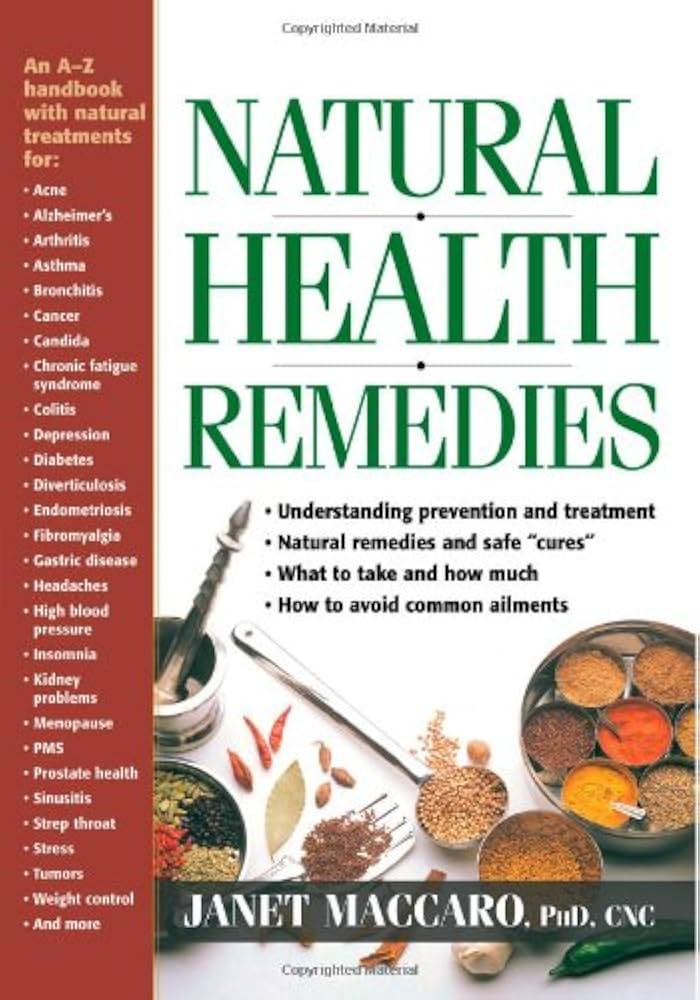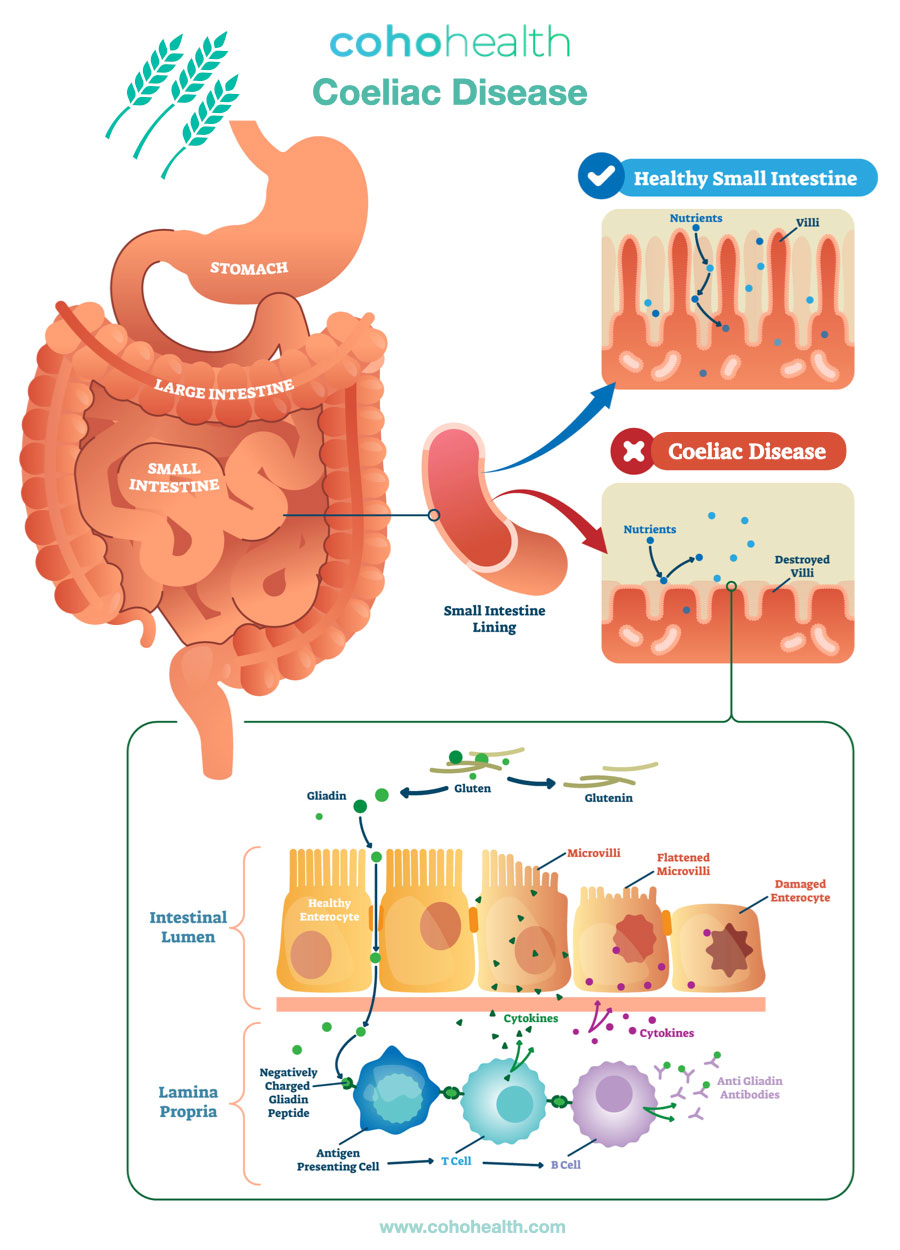Functional Medicine Approach to BPH
BPH, or benign prostatic hyperplasia, is a common condition that affects millions of men worldwide. While traditional approaches may focus on managing symptoms through medication and surgery, functional medicine offers a holistic approach to addressing the root causes of BPH and promoting overall well-being.
Understanding BPH: A Functional Medicine Perspective
BPH is characterized by an enlargement of the prostate gland, which can lead to urinary frequency, urgency, and weak stream. From a functional medicine perspective, BPH may be viewed as a symptom of underlying hormonal imbalances, gut dysbiosis, and inflammation.
The Role of Hormones in BPH
In functional medicine, hormones are recognized as crucial players in the development of BPH. Specifically, testosterone levels tend to decline with age, leading to an imbalance between testosterone and estrogen. This hormonal shift can stimulate prostate cell growth, contributing to BPH.
Addressing Gut Dysbiosis: A Key Component of Functional Medicine for BPH
The gut microbiome plays a critical role in our overall health, including the development of BPH. An imbalance in the gut microbiome can contribute to chronic inflammation, hormonal imbalances, and impaired digestion. In functional medicine, addressing gut dysbiosis through dietary changes, probiotics, and prebiotics is essential for managing BPH symptoms.
The Gut-Prostate Axis: How Gut Health Affects Prostate Function
Research has shown that the gut microbiome can influence prostate health. An imbalance in the gut microbiome can lead to increased levels of inflammatory markers, such as CRP and IL-6, which can exacerbate BPH symptoms.
Simplifying Nutritional Approaches for BPH Management
A functional medicine approach to BPH emphasizes the importance of a balanced diet rich in omega-3 fatty acids, fiber, and antioxidants. By incorporating these nutrients into your diet, you can help reduce inflammation, promote prostate health, and alleviate symptoms.
Omega-3 Fatty Acids: A Natural Anti-Inflammatory for BPH
Omega-3 fatty acids have potent anti-inflammatory properties, making them an excellent adjunct to traditional BPH management. Food sources of omega-3s include fatty fish, flaxseeds, and chia seeds.
Stress Management: A Critical Component of Functional Medicine for BPH
Chronic stress can exacerbate BPH symptoms by disrupting hormonal balance, impairing digestion, and promoting inflammation. In functional medicine, stress management techniques such as meditation, yoga, and deep breathing are essential for overall well-being.
The Impact of Stress on Hormones: A Functional Medicine Perspective
Stress can lead to the production of cortisol, a hormone that can disrupt the delicate balance between testosterone and estrogen. This hormonal shift can contribute to BPH symptoms such as urinary frequency and urgency.
Putting it All Together: A Holistic Approach to Managing BPH with Functional Medicine
A functional medicine approach to BPH combines dietary changes, stress management, and supplements to address the root causes of the condition. By addressing gut dysbiosis, hormonal imbalances, and inflammation, you can promote overall well-being and alleviate symptoms.
Working with a Functional Medicine Practitioner: A Key to Successful BPH Management
A functional medicine practitioner can help you develop a personalized plan for managing BPH. By working together, you can identify underlying factors contributing to your condition and create a customized approach to promote overall health.
Conclusion
In conclusion, a functional medicine approach to BPH offers a holistic and effective way to manage symptoms and promote overall well-being. By addressing gut dysbiosis, hormonal imbalances, and inflammation, you can reduce the risk of complications and improve your quality of life. Remember to consult with a healthcare professional before starting any new supplements or making significant changes to your diet.
For more information on functional medicine approaches to BPH management, consider consulting with a qualified practitioner or exploring reputable resources online. With a comprehensive understanding of this holistic approach, you can take control of your health and alleviate the symptoms of BPH.


